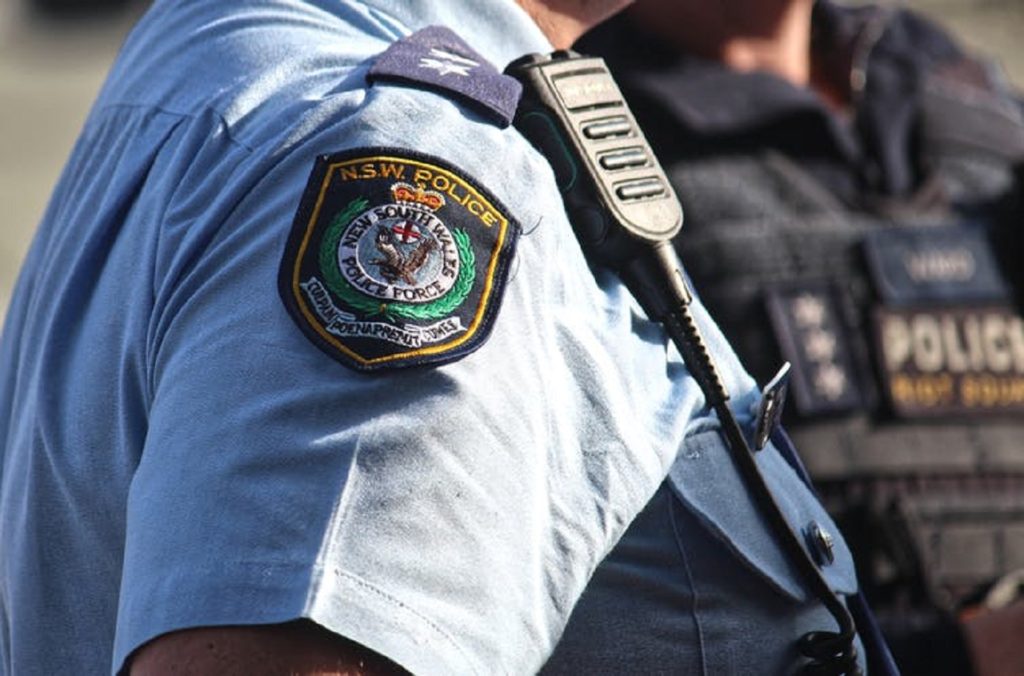A Sydney woman is demanding an apology from NSW Police after she was misidentified as a perpetrator of domestic violence, the ABC reports.
The woman’s story is one of several cases where police misidentify the victim as the perpetrator, a trend that is highly prevalent for women from diverse backgrounds.
According to the ABC’s report, the Sydney woman had filed a report to the police in December 2020, after her husband allegedly hit her in the head and dragged her by her hair. She was seven months pregnant at the time.
The woman told the national broadcaster that the attack came after months of emotional abuse and coercive control, including her husband tapping into CCTV cameras at her workplace so he could follow her.
However, NSW Police officers arrived at her and her husband’s home to charge the woman with assaulting her husband.
It was later revealed that, in responding to the woman’s report, police spoke with her husband, who claimed she was abusing him. The man showed officers minor injuries to make his claim.
His father, who was a witness to the attack that caused the woman to make a report to police, corroborated the man’s story.
The case went to court and, in an effort to set the record straight, the woman secretly recorded several conversations with her husband.
The secret recordings, which were translated from Arabic to English in court, showed the woman pleading with her husband to “tell the truth”, which he said he wouldn’t do.
Two and a half years’ later, Magistrate Glenn Walsh dismissed the charges against the woman, saying her evidence undermined her husband’s claim.
The ABC said the woman has filed a complaint and is now seeking an apology from NSW Police.
A statement from NSW Police to the ABC said they are “committed” to improving how officers respond to calls and manage cases of family and domestic violence.
Misidentification
The Sydney woman is not the first to be misidentified as the perpetrator of domestic violence.
According to statistics from The Orange Door, a Victorian government support service for victim-survivors of domestic violence, around 30-50 per cent of women seeking support at The Orange Door sites have been misidentified as the predominant aggressor of violence.
Misidentification can occur as a result of varying factors. The Victorian government’s Family Violence Reform Implementation Monitor (FVRIM) found the three biggest contributing factors resulting in misidentification are perpetrators manipulating the system, misinterpretation of victim-survivor’s presentation and characteristics, and the victim-survivor’s use of self-defence of violent resistance.
The FVRIM found women from diverse backgrounds are more at risk of misidentification. These include Aboriginal and Torres Strait Islander women, migrant and refugee women, women with disabilities, criminalised women and LGBTQIA+ women.
It is easier for perpetrators to manipulate the justice system and the process of reporting cases of domestic violence when the victim-survivor is a woman from a diverse background, where destructive prejudices and stereotypes are often held by law enforcement.
These prejudices can also impact how police perceive the victim-survivor and potentially how they interpret their use of self-defence.
For example, Djirra, a First Nations focused organisation to prevent family and domestic violence, estimated 90 per cent of women using the organisation’s services had experienced some form of misidentification or unfairness with law enforcement.
The FVRIM, which concluded its work in May 2023, recommended the government further investigate and prevent misidentification in domestic violence cases.
If you or someone you know is experiencing, or at risk of experiencing, domestic, family or sexual violence call 1800RESPECT on 1800 737 732, chat online via 1800RESPECT.org.au or text 0458 737 732.
If you are concerned about your behaviour or use of violence, you can contact the Men’s Referral Service on 1300 766 491 or visit www.ntv.org.au.
Feeling worried or no good? No shame, no judgement, safe place to yarn. Speak to a 13YARN Crisis Supporter, call 13 92 76. This service is available 24 hours a day, 7 days a week.
In an emergency, call 000.


